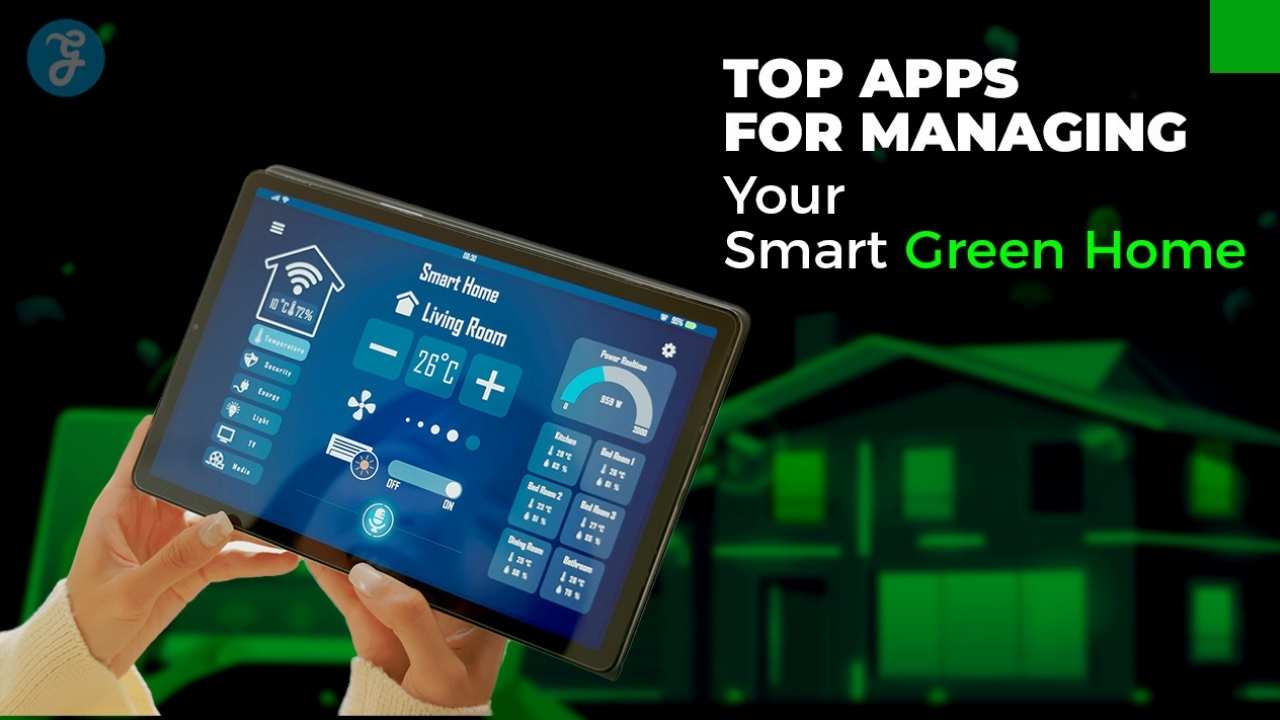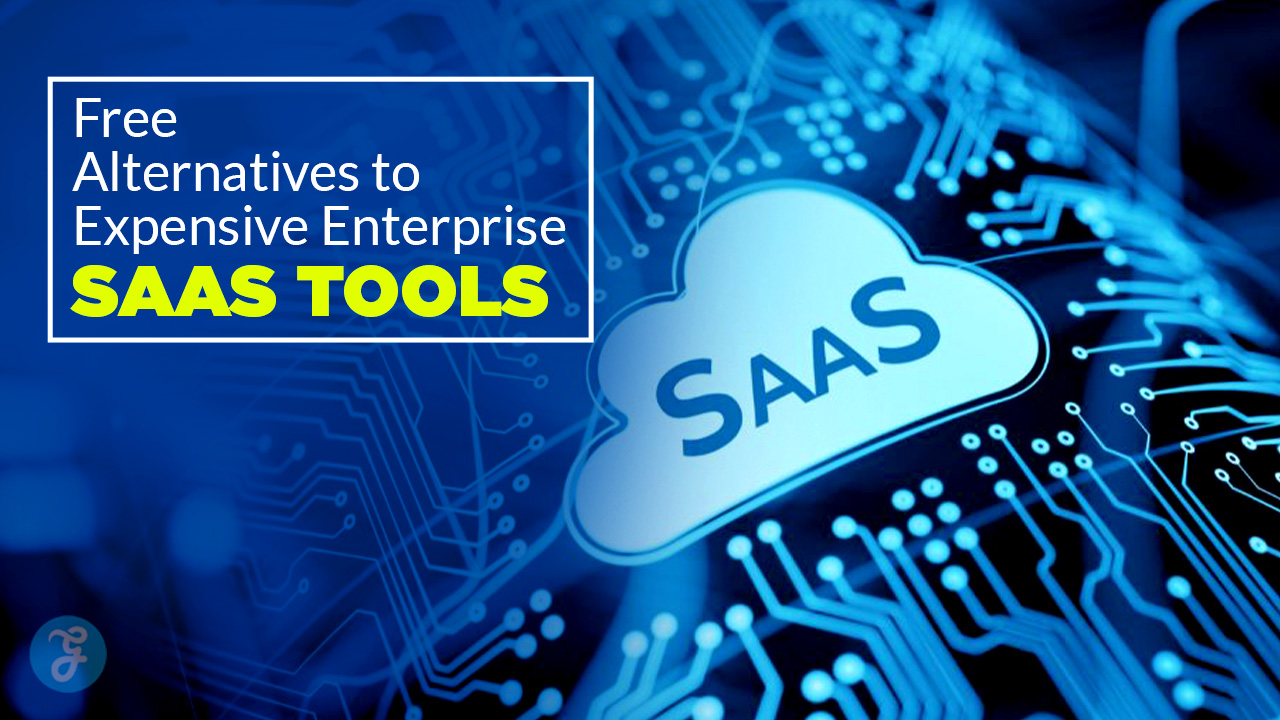In today’s fast-paced business world, creating a compelling and professional proposal is essential for closing deals and winning clients.That’s where proposal software comes in. Designed to streamline and automate the creation, sharing, and management of proposals, these tools help businesses improve efficiency, enhance client communication, and increase their chances of success. But not all proposal software is the same. To ensure you choose the right tool, it’s essential to understand the key features that make the best proposal software stand out.
The Importance of Proposal Software
Proposal software plays a crucial role in business development, particularly for sales teams. Sales proposal software enables companies to quickly generate professional proposals tailored to specific clients or projects. By integrating templates, pricing tables, and automated workflows, this software helps sales teams save time and minimize errors. As the software simplifies the creation and approval processes, businesses can respond to client inquiries more quickly, increasing the chances of closing deals faster.
But beyond the speed and accuracy, great proposal software also ensures consistency across documents, improves communication within teams, and allows for more customized and engaging proposals. Here are some key features that make proposal software a valuable asset for businesses.
Key Features to Look for in Proposal Software
When choosing proposal software, it’s essential to evaluate its features to ensure it fits your business needs. Here are some of the most important aspects to consider:
1. Templates and Customization
Having pre-designed templates is a major time-saver. The best proposal software comes with a wide range of customizable templates that fit different business sectors. You should be able to edit these templates, adding your branding, color schemes, and other elements to make the proposal uniquely yours. The software should also support flexibility, allowing you to modify templates to fit various types of projects and clients.
2. Document Collaboration
Collaboration is critical when creating proposals. Many proposal software solutions offer real-time collaboration features, allowing multiple team members to work on the same proposal simultaneously. This feature not only improves productivity but also ensures that everyone on the team has access to the most updated version of the document.
3. E-signatures
One of the biggest advantages of proposal software is its ability to streamline approvals with integrated e-signature functionality. E-signatures allow clients to sign proposals digitally, speeding up the approval process and eliminating the need for printing, scanning, or emailing signed documents. With this feature, businesses can close deals faster, reducing turnaround time and improving client satisfaction.
4. Pricing Tables and Calculations
Sales proposal software often includes features that allow you to incorporate dynamic pricing tables within your proposals. These tables automatically calculate the costs for specific products or services based on predefined pricing rules. Clients can adjust quantities or select different pricing tiers, and the proposal will update the total cost in real-time. This feature is particularly helpful for businesses that offer customizable products or services, making it easy to create accurate and transparent proposals.
5. Digital Contracting Integration
The best proposal software goes beyond just generating proposals; it also integrates digital contracting software capabilities. This feature enables businesses to seamlessly transition from the proposal stage to the contract stage without the need for separate tools.
Additional Key Features to Consider
While the core features mentioned above are essential, there are several other functionalities that can significantly enhance the proposal software experience. Here’s a list of additional key features to look for:
- Analytics and Tracking: Advanced proposal software allows you to track when a proposal is opened, viewed, or signed. You can also see how much time a client spends on each section, giving you valuable insights into their interests and concerns.
- Integration with Other Tools: Proposal software should integrate with other business tools, such as CRM (Customer Relationship Management) systems, invoicing software, and project management platforms.
- Multi-language and Currency Support: For businesses operating internationally, it’s crucial to have multi-language support and the ability to create proposals in different currencies. This feature ensures that your proposals are accurate and relevant, no matter where your clients are based.
- Approval Workflows: A built-in approval process within the software ensures that proposals go through the necessary checks before being sent out. This feature allows managers or senior staff to review and approve proposals quickly, maintaining quality control and reducing errors.
- Content Library: Many proposal software solutions include a content library where you can store frequently used text, images, and other resources. Having access to this library helps you quickly add standard clauses, product descriptions, or images to your proposals without searching through multiple documents.
The Benefits of Using Proposal Software
There are many reasons why businesses are increasingly turning to proposal software. Here’s a quick summary of the benefits that proposal software can bring to your business:
- Time-Saving: The automation and templates offered by proposal software can significantly reduce the time it takes to create proposals, leaving your team free to focus on closing deals.
- Consistency: Using templates ensures that your proposals maintain consistent formatting and branding, which is essential for building trust and professionalism.
- Improved Collaboration: With real-time collaboration tools, proposal software enables your team to work together more efficiently and ensures that everyone is on the same page.
- Faster Approvals: Features like e-signatures and digital contracting software make it easier for clients to approve proposals, helping you close deals faster.
- Increased Accuracy: Automated pricing tables and calculations ensure that your proposals are accurate and error-free, reducing the risk of misunderstandings with clients.
Commonly Used Proposal Software
There are several great tools available on the market today, each with its own strengths. If you’re looking for powerful proposal software to streamline your processes, here are a few popular options:
- PandaDoc: Known for its user-friendly interface and robust features, PandaDoc offers templates, e-signature functionality, and integrations with CRM tools.
- Proposify: A great option for creative agencies and small businesses, Proposify offers easy-to-use templates and collaboration features.
- GetAccept: This tool combines proposal creation, contract management, and sales automation into one platform, making it a top choice for businesses looking for a comprehensive solution.
Conclusion
Choosing the right proposal software for your business can make a huge difference in your efficiency and success rates. Key features such as templates, e-signatures, and integration with digital contracting software can streamline your workflow, while collaboration tools ensure your team works seamlessly. By understanding these key features and how they fit your needs, you can select the right tool to boost your business’s proposal creation process and ultimately win more deals.






































